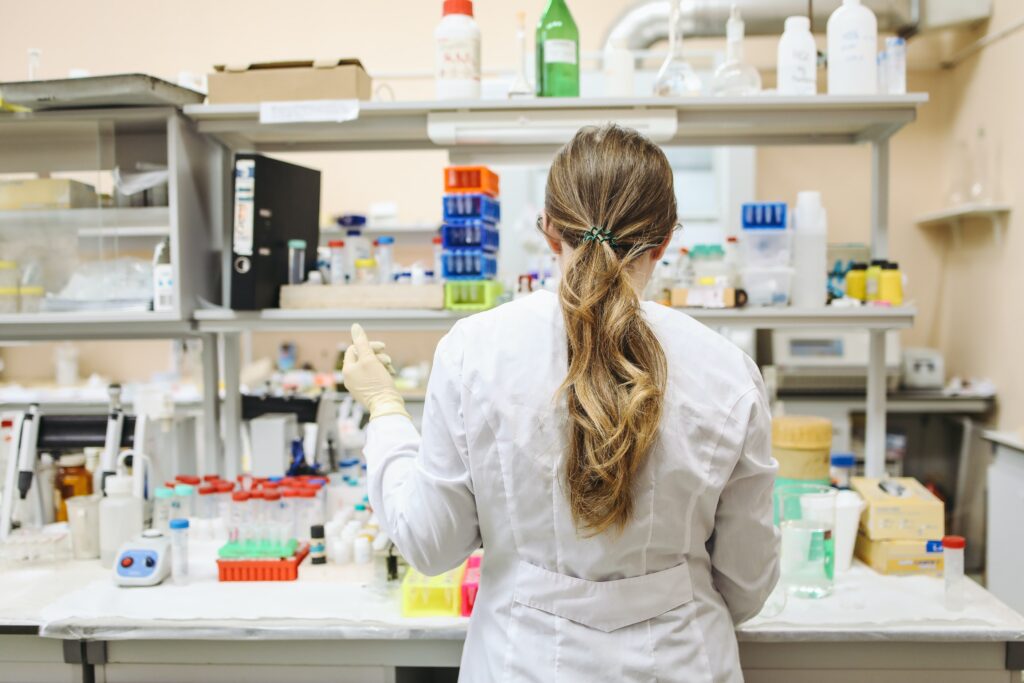
The Suggs Lab aims to develop clinically relevant and robust biomaterial platforms for characterizing, modeling and treating disease and injury, including applications in ischemic and inflammatory disease as well as cancer. Towards this goal we develop synthetic and natural polymeric hydrogels and well as micro and nanoparticle systems. In particular, we are interested in modeling, controlling and characterizing the cellular response to biomaterials. Our portfolio includes: injectable hydrogels to deliver stem cells and growth factors to treat ischemic disease, metal nanoparticle platforms used in combination with photoacoustic imaging to characterize the inflammatory response to stem cell therapies, material systems to interrogate the effects of matrix stiffness on cancer cells and cells of the tumor immune microenvironment, and nanoparticle systems to drive macrophage polarization either towards pro- or anti-inflammatory phenotypes depending on the disease condition.

